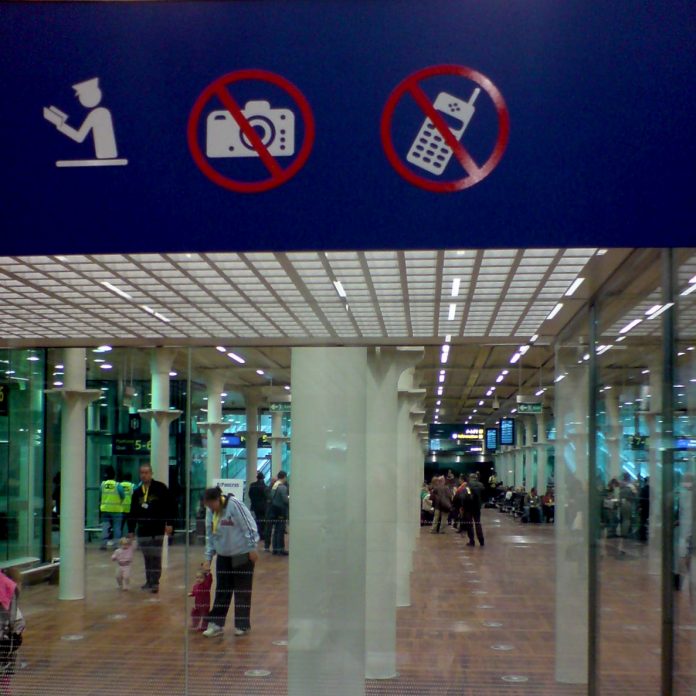The EU will simplify procedures for requesting and issuing short-stay visas and will use the visa policy to encourage non-EU countries to cooperate on migration.
Parliament and Council negotiators informally agreed on Tuesday on a new EU Visa Code, establishing the procedures and conditions for issuing visas to nationals of more than one hundred non-EU countries travelling to the EU for short periods (up to 90 days in any 180-day period).
The main purpose of the reform is to facilitate legitimate travel for tourism, trade and business, whilst preventing irregular immigration and contributing to internal security. Procedures for bona fide travellers will be simpler, and there will be a direct link between visa and migration policy.
Currently, travellers from 102 countries and 2 other entities are required to have a visa in order to enter the EU. The number of visa applications has increased by 50% in the last few years, from 10.2 million in 2009 to 15.2 million in 2016.
Visa applications will have to be submitted between six months (instead of the current three months) and 15 days ahead of the intended trip, except for seafarers who will be allowed to submit applications nine months in advance.
Among other changes:
the general visa fee will increase from 60 to 80 euros -with a possible reduction for people under 18 year-old-, and children under 6, students and researchers will continue to be exempted of visa fee;
the new prerequisite to buy travel health insurance will be assessed by the European Commission 15 months after introduction, taking into account the actual medical costs incurred by visa-holders;
EU member states will have to work with external service providers to manage visa requests in non-EU countries where they are neither present nor represented; and
additional facilities for well-known artists and high performance athletes touring in the EU, and multiple entry visas for frequent travellers.
Cooperation on readmission by non-EU countries
Some provisions, such as the visa fees, the time taken to issue decisions on applications, and the period of validity of multiple entry visas, may be adapted depending on whether a given non-EU country shows “sufficient”, or alternatively “insufficient”, cooperation on readmitting irregular migrants, following a full and objective assessment carried out by the European Commission every year.
The informal deal will now be put to the vote in the Civil Liberties Committee. It will also need to be confirmed by plenary before formal adoption by the Council of Ministers. The changes will be applicable six months after the text is published in the Official Journal of the EU.

